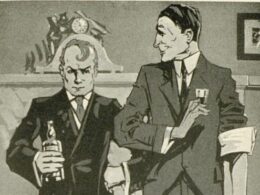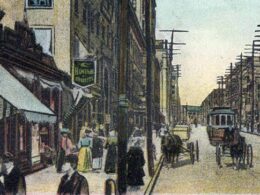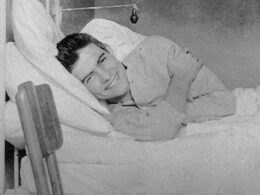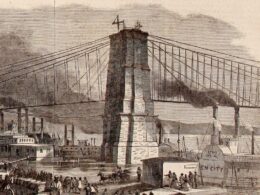Ursula K. Le Guin (b. 1929)
From Ursula K. Le Guin: The Complete Orsinia
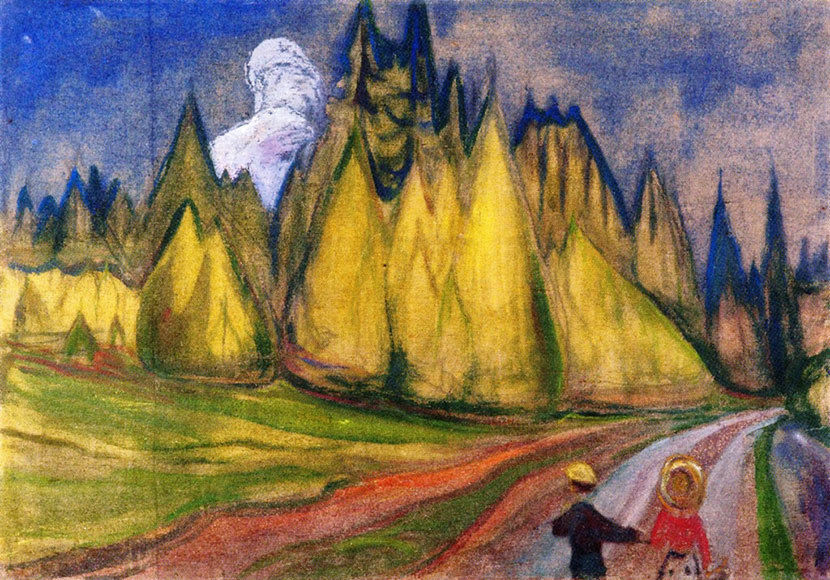
Today (September 6) is the publication date for The Complete Orsinia—the first volume of the Library of America edition of Ursula K. Le Guin’s fiction.
One of Le Guin’s early influences was Philip K. Dick. It is one of those weird (but somehow appropriate) coincidences that the two authors have more in common than a middle initial: they both graduated from the same high school in 1947. She later told The Paris Review, “Berkeley High, thirty-five hundred kids. Big, huge school. Nobody knew Phil Dick. I have not found one person from Berkeley High who knew him. He was the invisible classmate.”
The two authors never did meet, but in the early 1970s they became frequent correspondents. They had a brief falling out in 1981 when—in a public talk—Le Guin mildly questioned Dick’s rationality and criticized especially his portrayal of women. “The women were symbols—whether goddess, bitch, hag, witch—but there weren’t any women left, and there used to be women in his books.” In response Dick published a broadside in Science Fiction Review; Le Guin apologized in the same issue yet underscored her concerns about his fiction—and Dick took the criticism to heart. Upon completing The Transmigration of Timothy Archer, with its loving portrait of Angel Archer, he wrote to Le Guin in triumph: “This is the happiest moment of my life, Ursula, to meet face-to-face this bright, scrappy, witty, educated, tender woman . . . and had it not been for your analysis of my writing I probably never would have discovered her.”
To celebrate Le Guin’s inclusion in The Library of America, we present as our Story of the Week selection “Imaginary Countries,” one of thirteen stories included in The Complete Orsinia.
